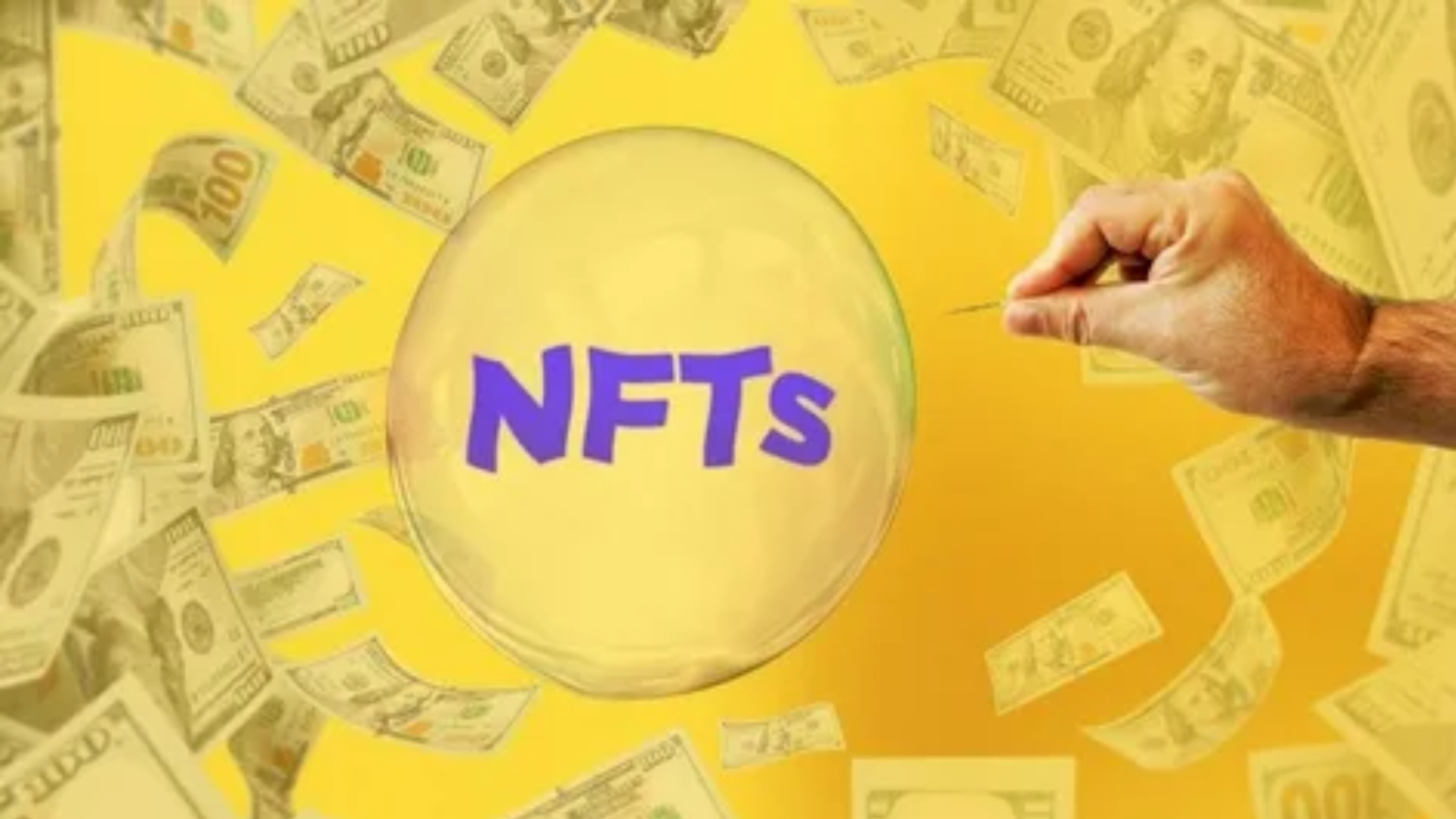Cryptocurrency isn’t just a buzzword anymore; it’s a full-blown financial revolution. It’s transforming the way we think about money, invest, and even do business. What started as a niche tech experiment with Bitcoin has blossomed into a global phenomenon that’s redefining the meaning of value and trust in financial systems. Let’s dive into how cryptocurrency is shaping the future of finance—and how it’s making traditional banks sweat.
What is cryptocurrency? A Crash Course
Before we proceed, let’s address the crucial question: What precisely is cryptocurrency?
At its core, cryptocurrency is digital money that uses cryptography to secure transactions. It’s decentralized, meaning there’s no central authority like a bank or government controlling it. Instead, blockchain technology, essentially a fancy, unhackable digital ledger, powers cryptocurrencies.
Think of it this way: if traditional money is the middle-aged uncle in a suit and tie, cryptocurrency is the rebellious teenager in a hoodie, shouting, “Decentralize everything!” while coding in a basement.
The Building Blocks: Blockchain Technology
To understand cryptocurrency, you have to understand blockchain. Here’s a simplified analogy:
Imagine a group chat where everyone keeps a copy of every message ever sent. If someone tries to edit or delete a message, everyone else will be aware of it, and their copies will not match. That’s blockchain—a transparent, tamper-proof record of transactions.
Why Blockchain Matters
- Security: We encrypt transactions, making them nearly impossible to alter.
- Transparency: Everyone can see the ledger, but personal details stay hidden.
- Efficiency: No middlemen mean faster transactions.
So, if banks are the old-school librarians with index cards, blockchain is the AI-powered Kindle of the future.
How Cryptocurrency is Changing the Financial World
Now that we’ve decoded the basics, let’s explore how cryptocurrency is flipping the financial script.
1. A New Way to Pay
Gone are the days of waiting three to five business days for payments to process. Cryptocurrency transactions happen almost instantly. Whether you’re purchasing a cup of coffee in El Salvador, where Bitcoin serves as legal tender, or sending money to a friend abroad, cryptocurrency is a reliable option.
- Funny Thought: Imagine trying to pay for a pizza with a check in 2024. The cashier might think you’re reenacting a history lesson.
Benefits for businesses
- Lower Fees: No third-party payment processors mean reduced fees.
- Global Reach: Cryptocurrencies don’t care about borders.
- Fraud Prevention: Blockchain makes it harder for scammers to pull a quick one.
2. Financial inclusion for all.
Here’s a jaw-dropping stat: Over 1.7 billion people worldwide are unbanked. That’s a fancy way of saying they don’t have access to traditional banking services. Enter cryptocurrency, which requires nothing more than a smartphone and an internet connection.
Who Benefits?
- Developing Nations: People in countries with unstable currencies can store value in crypto.
- For freelancers and gig workers, receiving payment in cryptocurrency is a faster and easier process.
- Small businesses do not need to deal with complicated banking systems.
- Humorous Perspective: Crypto wallets are like the Swiss Army knives of finance—they do it all, except open wine bottles.
3. Revolutionizing Investments
Cryptocurrency has created an entirely new asset class. Stocks, bonds, and real estate are no longer the only options available to investors. Now, they can diversify their portfolios with Bitcoin, Ethereum, or even meme coins like Dogecoin.
The Rise of NFTs
Non-fungible tokens (NFTs) deserve a special shoutout here. These digital collectibles are changing the way we think about ownership, art, and gaming. From virtual sneakers to multi-million-dollar digital art, NFTs are proof that people will buy anything if it’s unique.
The Pros and Cons of Cryptocurrency
Let’s pause for a reality check. Crypto isn’t all rainbows and moon missions. Here’s a balanced look:
| Pros | Cons |
|---|---|
| Decentralized and secure | High energy consumption |
| Fast and borderless | Price volatility |
| Low transaction fees | Regulatory uncertainty |
| Financial inclusion | Potential for misuse |
- Funny Note: Investing in cryptocurrency is akin to riding a roller coaster, as you will experience both highs and lows in the market.
The Impact on Traditional Banking
Let’s be honest: banks didn’t see this coming. Cryptocurrency is forcing them to adapt—or risk becoming obsolete.
1. Lower trust in banks
With crypto, you don’t need to trust a bank; you trust the system. Blockchain’s transparency is like a spotlight on a stage—it shows everything, good or bad.
2. Adoption of blockchain.
Ironically, banks are now embracing the technology that threatens to disrupt them. From JP Morgan’s blockchain experiments to central banks exploring digital currencies, they’re trying to stay relevant.
Real-world applications of cryptocurrency
Cryptocurrency isn’t just theoretical; it’s solving real-world problems today.
1. Remittances
Sending money across borders is expensive and slow. Crypto makes it faster and cheaper, benefiting migrant workers and their families.
2. Smart Contracts
Platforms like Ethereum enable smart contracts—self-executing agreements. Think of them as digital lawyers who work 24/7 without coffee breaks.
What the Future Holds
So, what’s next for cryptocurrency?
1. Mainstream Adoption
As more businesses accept crypto, it will become as common as swiping your credit card—or maybe even easier.
2. Regulation
Governments are scrambling to regulate crypto. The challenge is finding a balance between protecting consumers and stifling innovation.
3. New innovations
From decentralized finance (DeFi) to Web3, the crypto world is bursting with innovation. It resembles Silicon Valley, but without the Teslas (for the time being).

Conclusion: The Financial Frontier
Cryptocurrency is more than a trend; it’s a paradigm shift. It’s leveling the financial playing field, empowering the unbanked, and challenging traditional systems. Sure, it’s not perfect—it’s volatile, misunderstood, and sometimes downright absurd. But then again, so was the internet in its early days.
- In ten years, if you tell your kids that you invested in Bitcoin when it was “just $30,000,” they may view you as someone who missed a once-in-a-lifetime opportunity.
As we navigate this brave new world, one thing is clear: Cryptocurrency is here to stay. Whether you’re a skeptic, a believer, or just someone who forgot their crypto wallet password, the future of finance is unfolding before our eyes. Prepare yourself for an exciting journey.










Leave a Reply